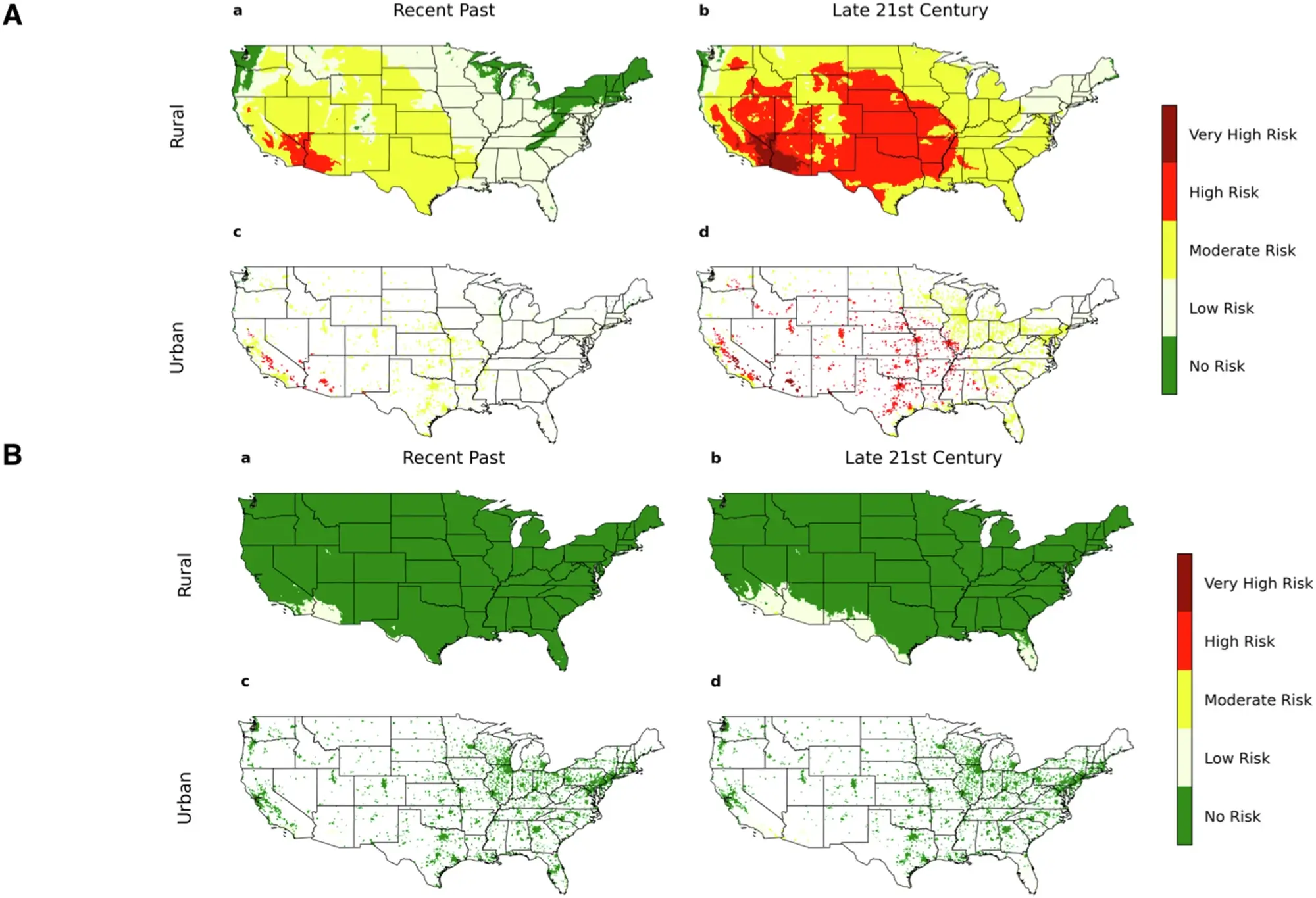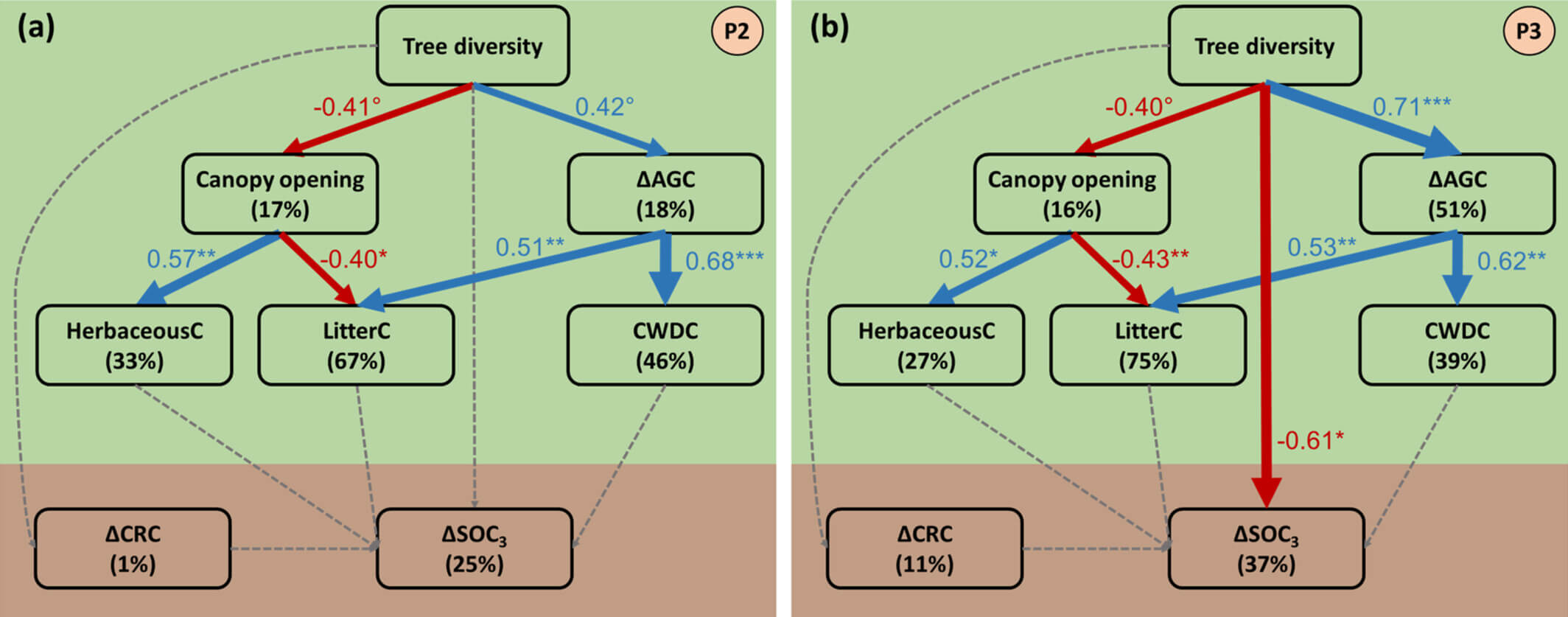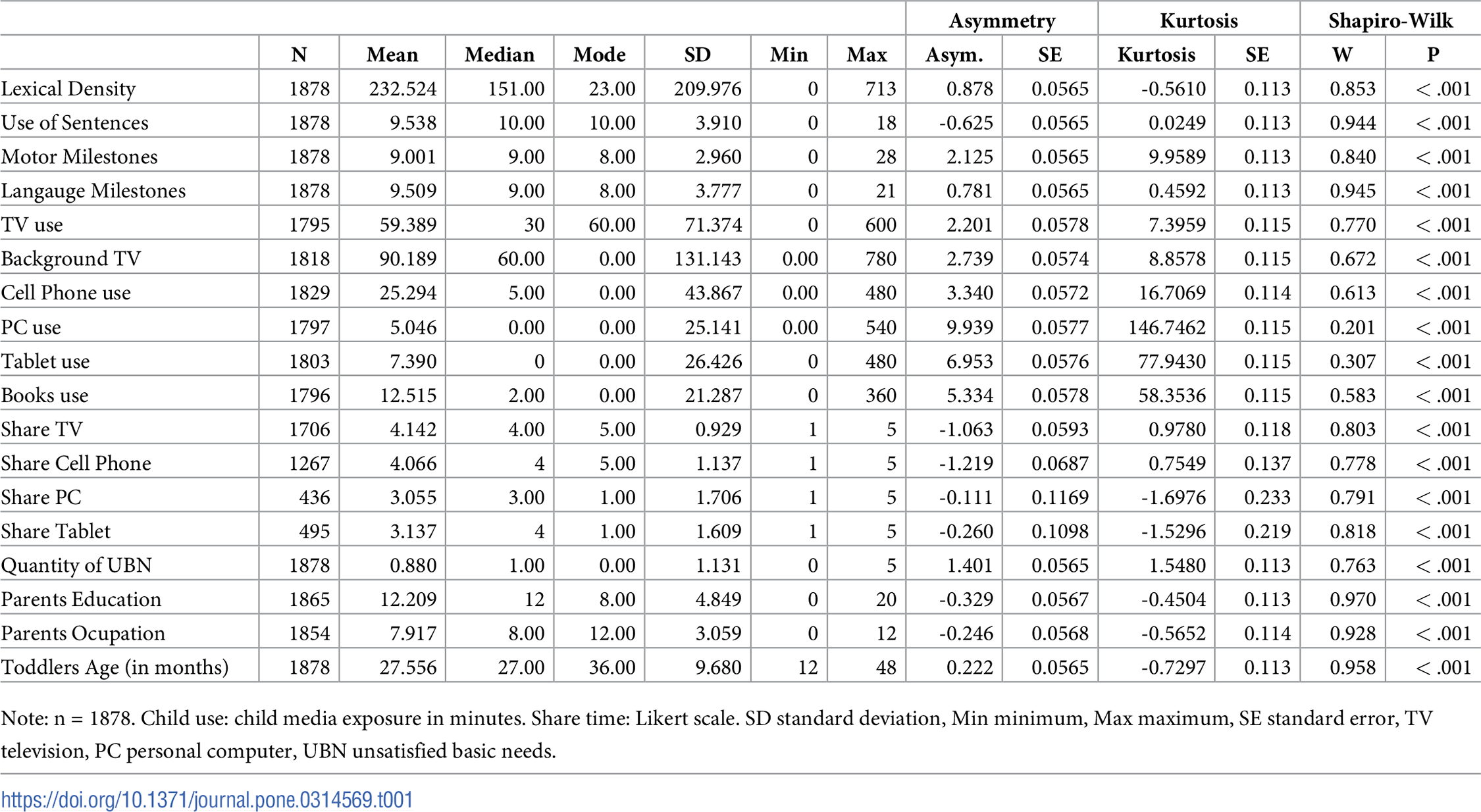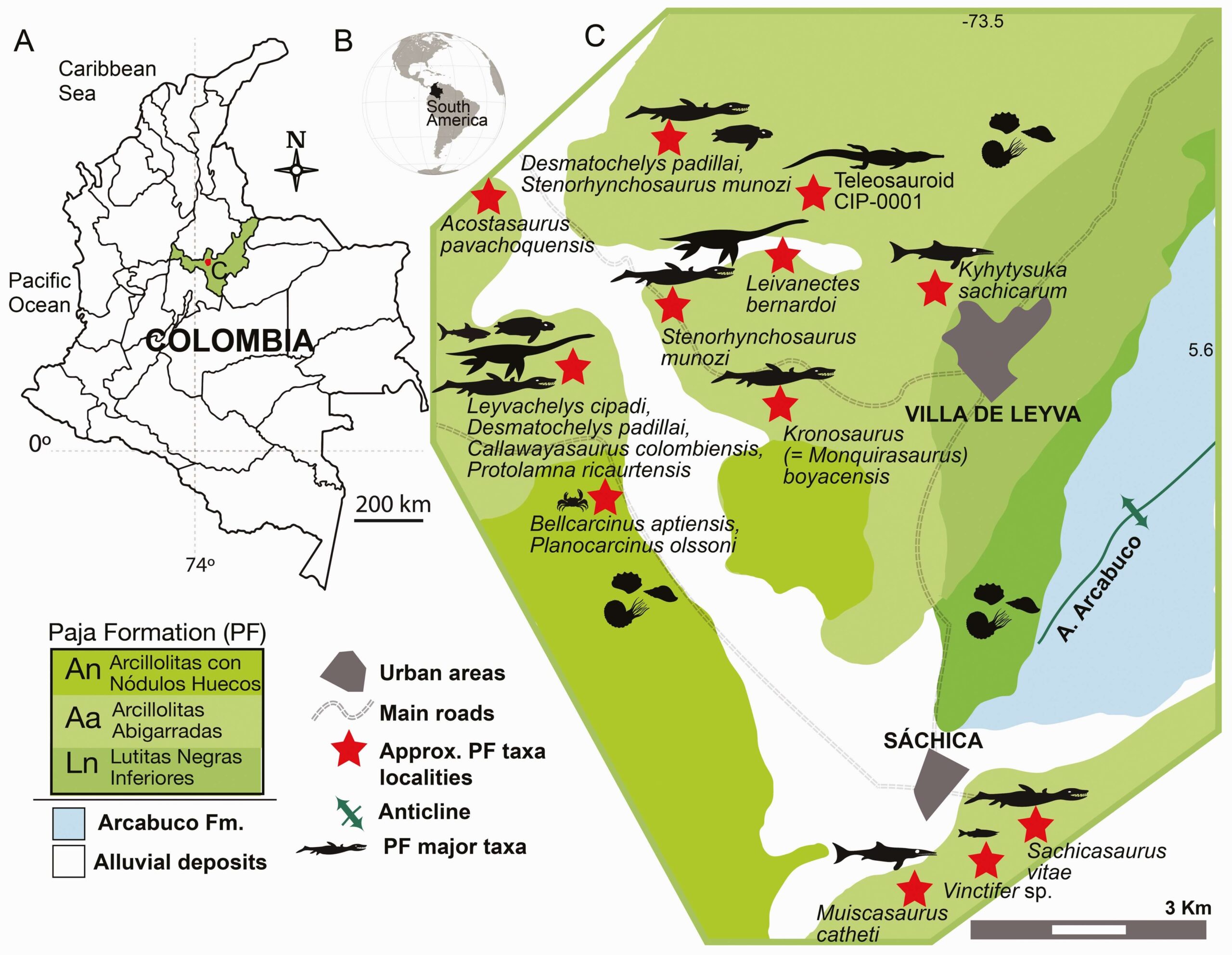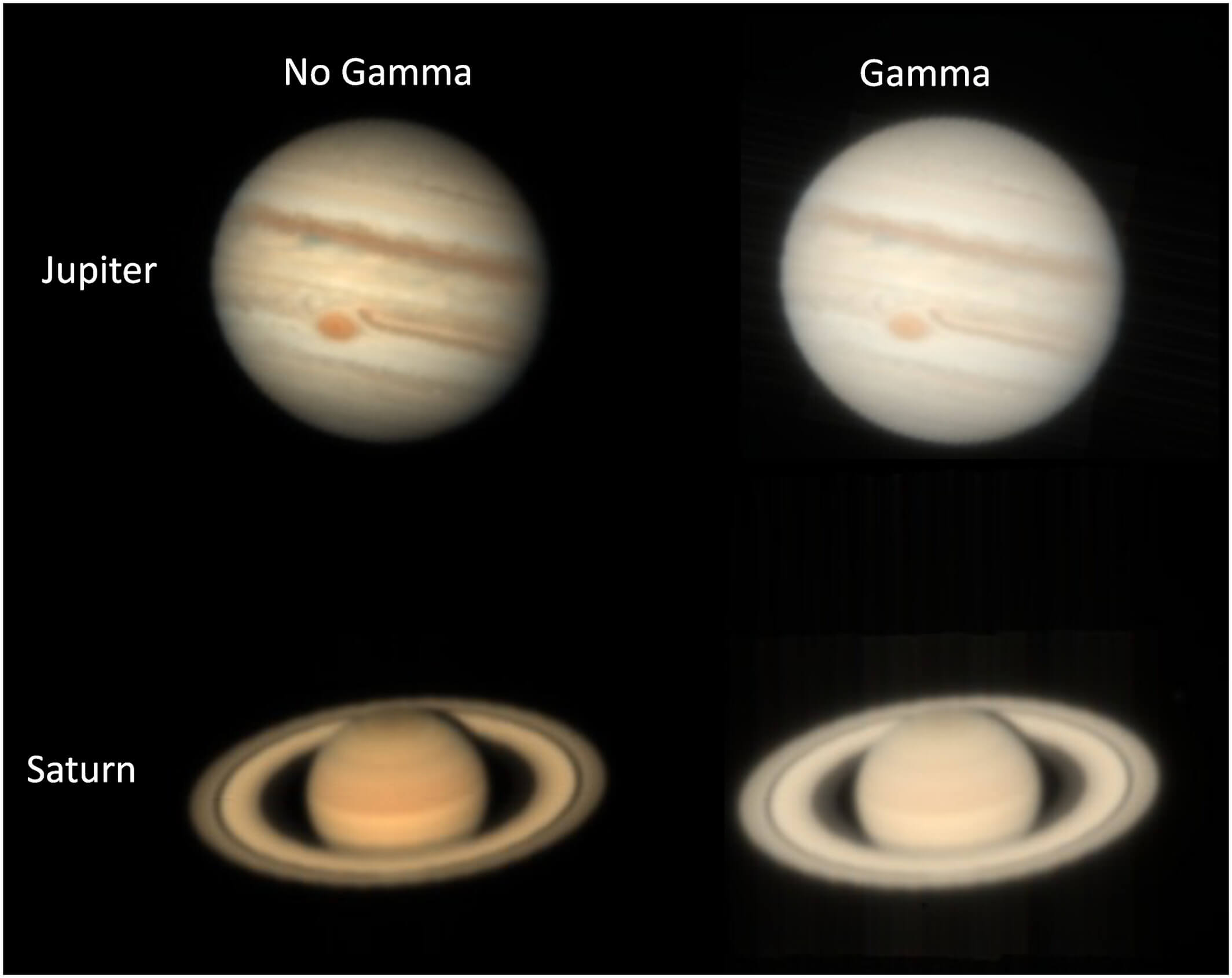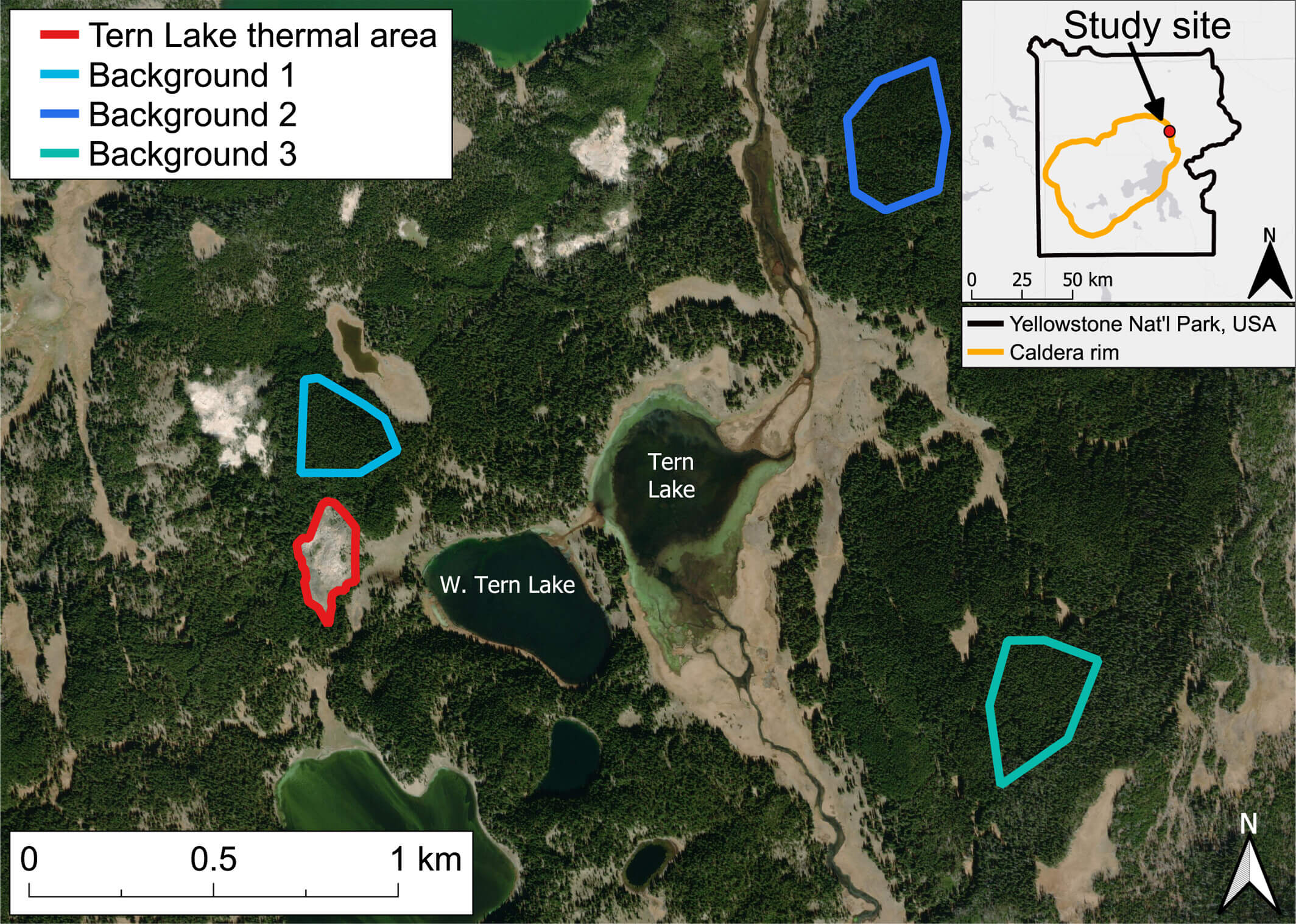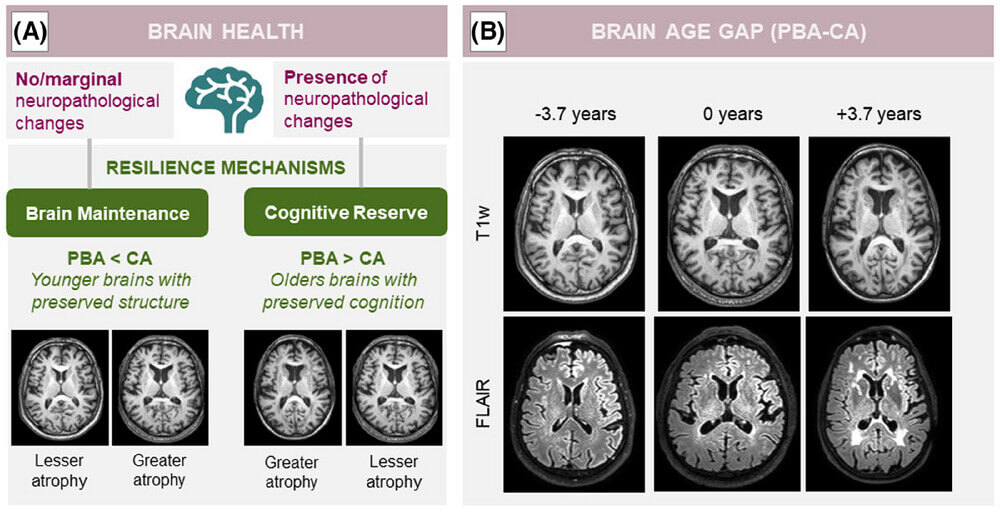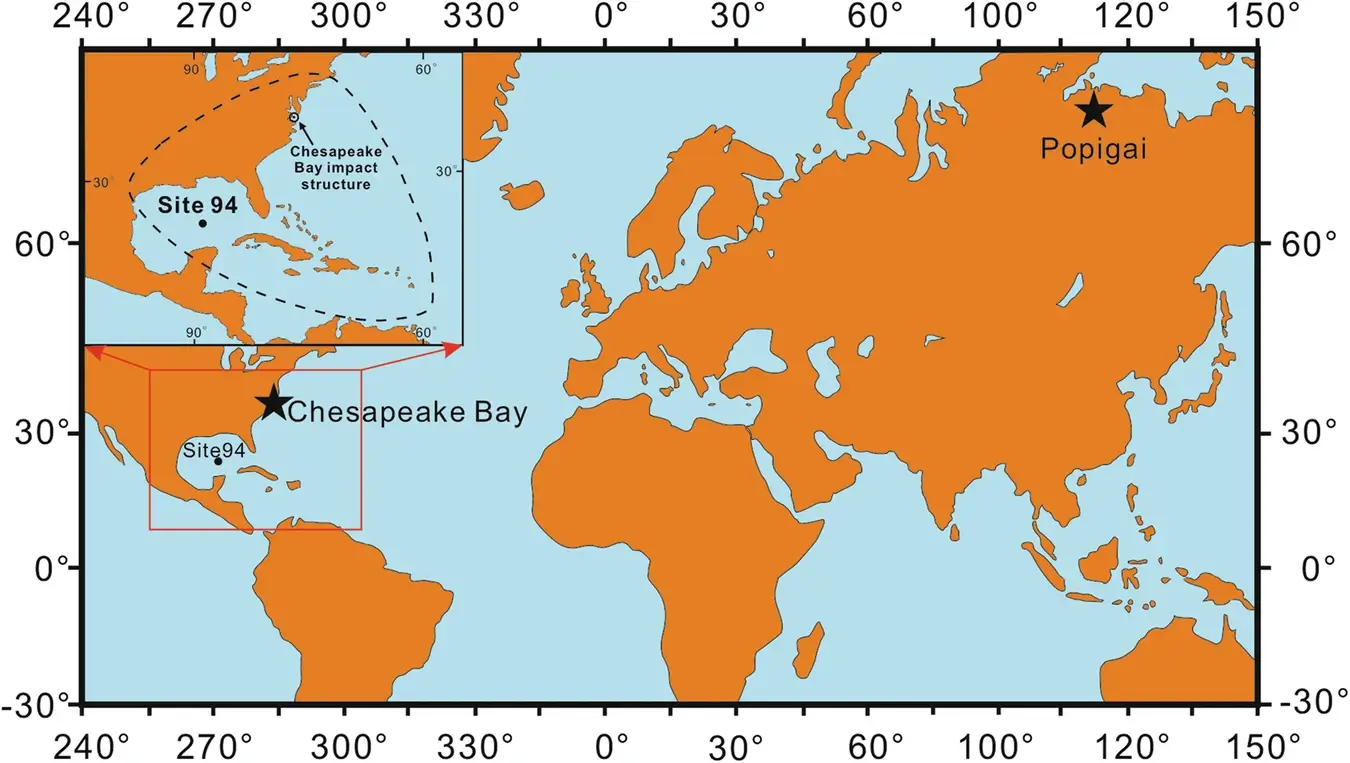
Imagine a time when massive asteroids collided with Earth, yet the planet carried on without a significant environmental hiccup. This surprising scenario occurred during the late Eocene epoch, approximately 35.65 million years ago. A recent study published in “nature.com” reveals that these cosmic events, once thought to have potentially altered Earth’s climate, had surprisingly little impact.
Two colossal impact events, the Popigai crater in northern Siberia and the Chesapeake Bay crater in eastern North America, marked the late Eocene period.
These impacts released an enormous amount of energy, comparable to billions of tons of TNT. The newfound research, however, indicates that these events did not trigger the drastic climate changes previously speculated.
The study led by researchers Bridget S. Wade and Natalie K. Y. Cheng involved an in-depth analysis of ocean sediment samples from the Gulf of Mexico.
By examining stable isotopes in foraminifera, tiny marine organisms that record seawater chemistry, the team was able to reconstruct past ocean conditions.
Surprisingly, the isotopic records showed no significant changes in ocean temperature or carbon cycles directly linked to the impacts.
Previous theories suggested that such massive impacts could have caused climatic disruptions, like global cooling or warming.
These hypotheses were based on the idea that impacts would throw up dust and aerosols into the atmosphere, potentially blocking sunlight or enhancing greenhouse effects.
However, this new research challenges these assumptions, showing that the late Eocene impacts did not coincide with any major climate shifts.
One intriguing aspect of the study is the high-resolution sampling method used, allowing scientists to examine climate data at intervals of approximately 11,000 years.
This fine-scale resolution helped the researchers detect minor climatic fluctuations that went unnoticed in earlier studies. Despite this enhanced scrutiny, the data revealed a stable climate, unshaken by the cosmic catastrophes.
So, why didn’t these massive impacts affect Earth’s climate as expected?
The study suggests that while the impacts were indeed significant, their energy was likely absorbed by the planet’s systems without causing widespread disruption. It seems Earth’s climate is more resilient to such events than previously thought, shaking off the impacts without long-term changes.
This revelation has significant implications for our understanding of Earth’s climate history. It highlights the complexity and robustness of Earth’s climate system, which can withstand even the most dramatic natural events.
Moreover, it calls into question the role of extraterrestrial impacts in driving historical climate change, prompting scientists to revisit and refine their models.
As lead researcher Bridget S. Wade aptly puts it, “Our findings offer a fresh perspective on Earth’s climate resilience, showing that even formidable extraterrestrial forces don’t always translate to terrestrial turmoil.” This study not only reshapes our understanding of past climate events but also enriches our appreciation for Earth’s enduring stability in the face of cosmic challenges.
Reference
Wade, B.S., Cheng, N.K.Y. No paleoclimatic anomalies are associated with the late Eocene extraterrestrial impact events. Commun Earth Environ 5, 710 (2024). https://doi.org/10.1038/s43247-024-01874-x

